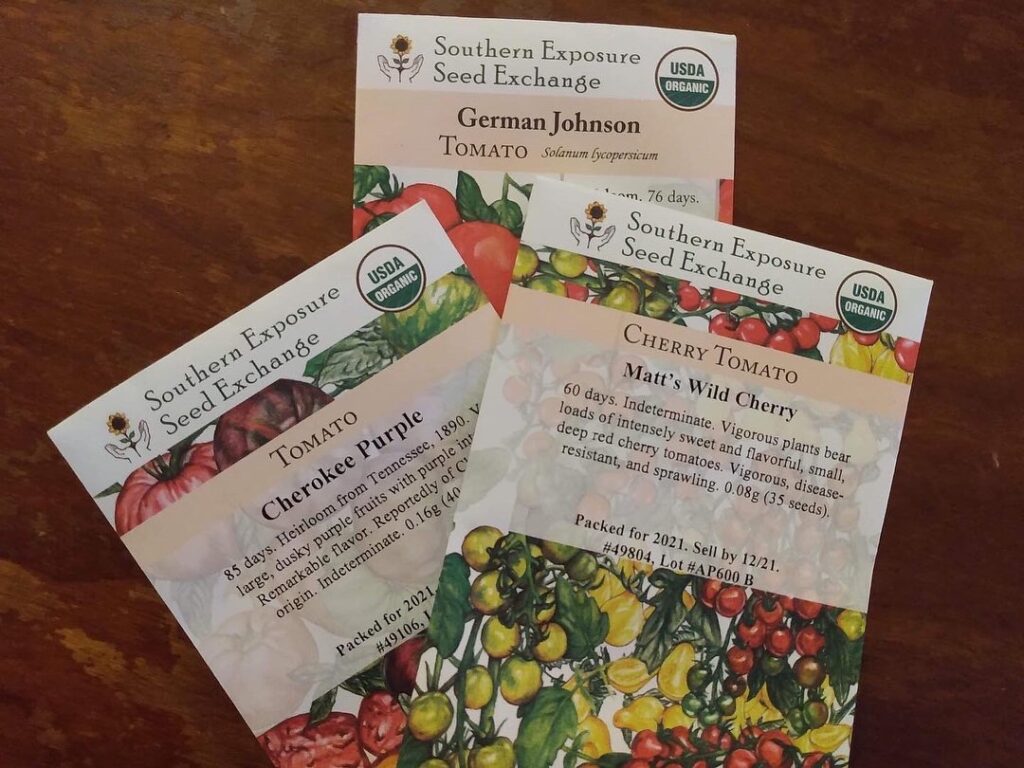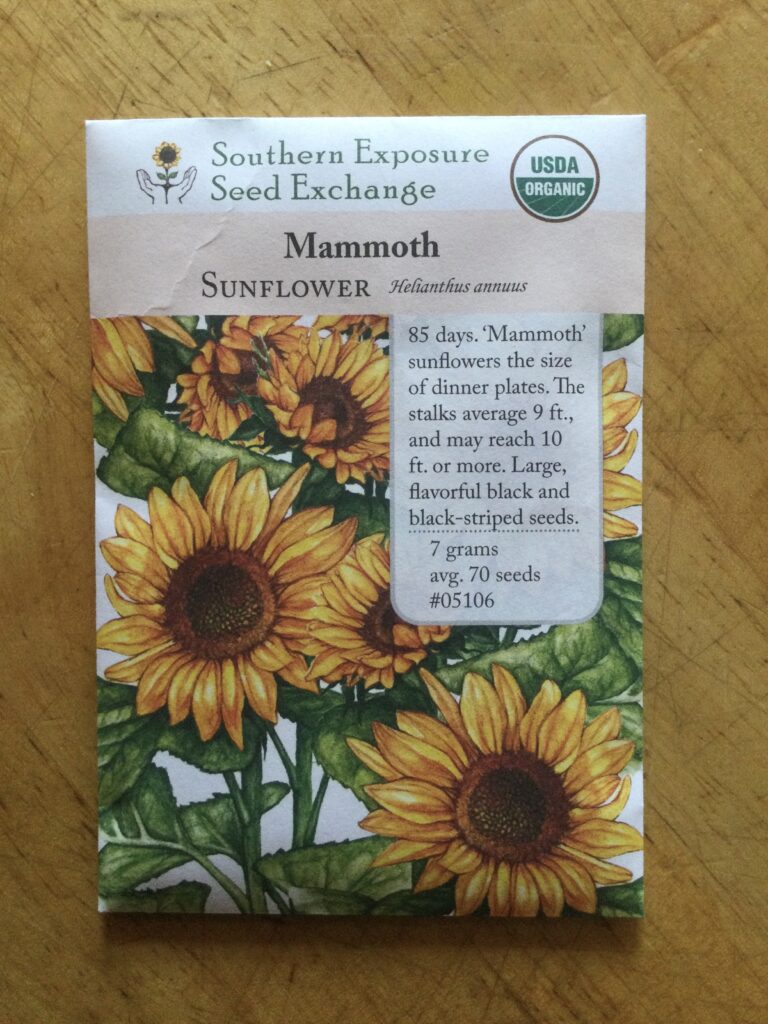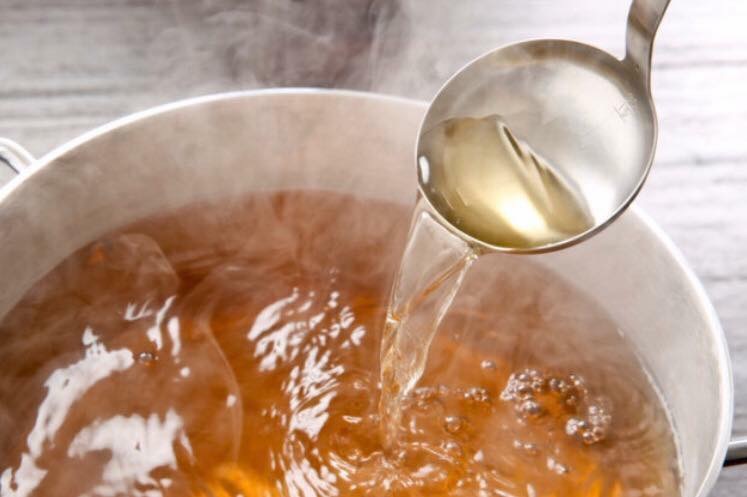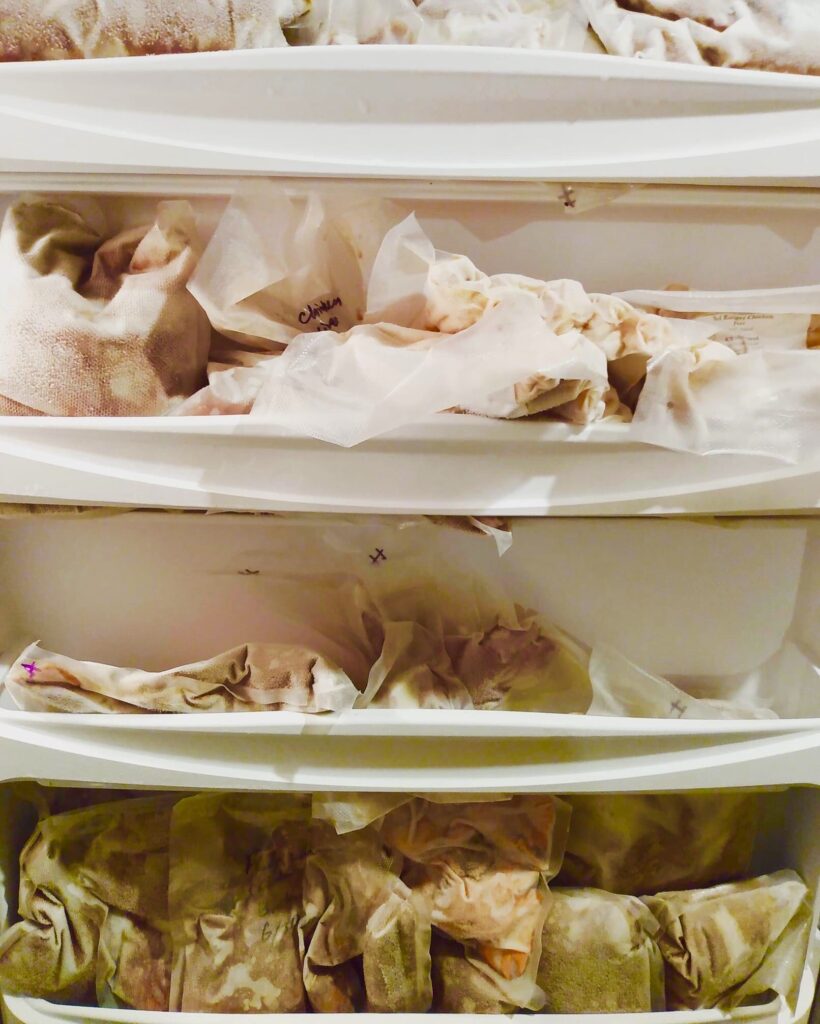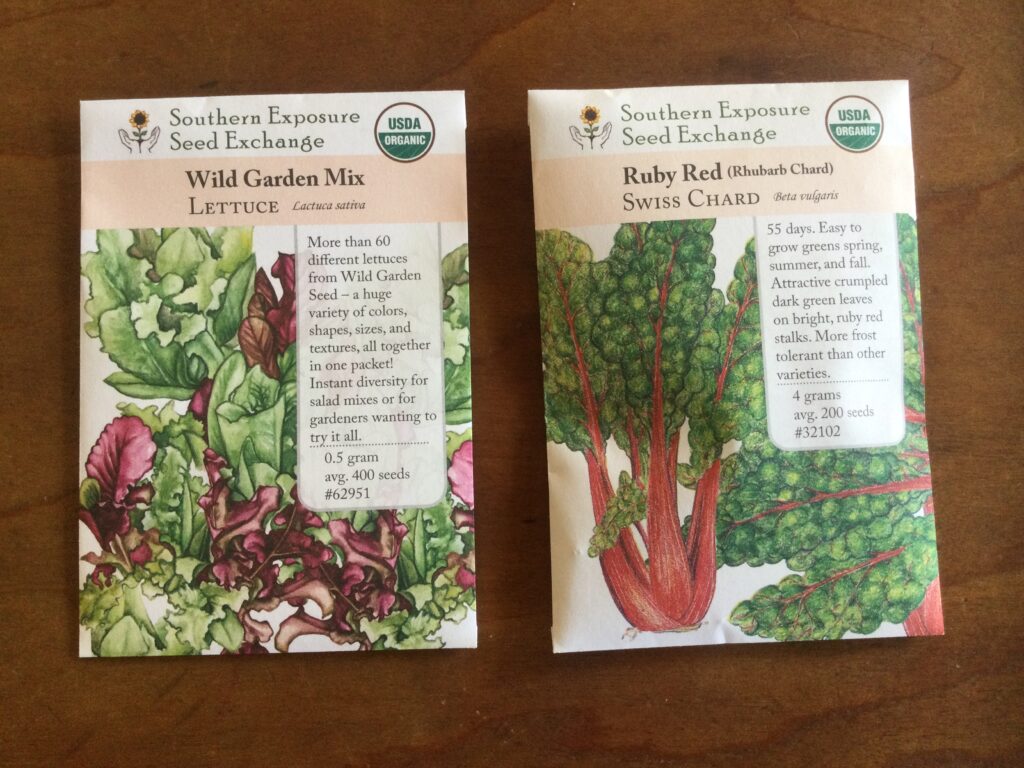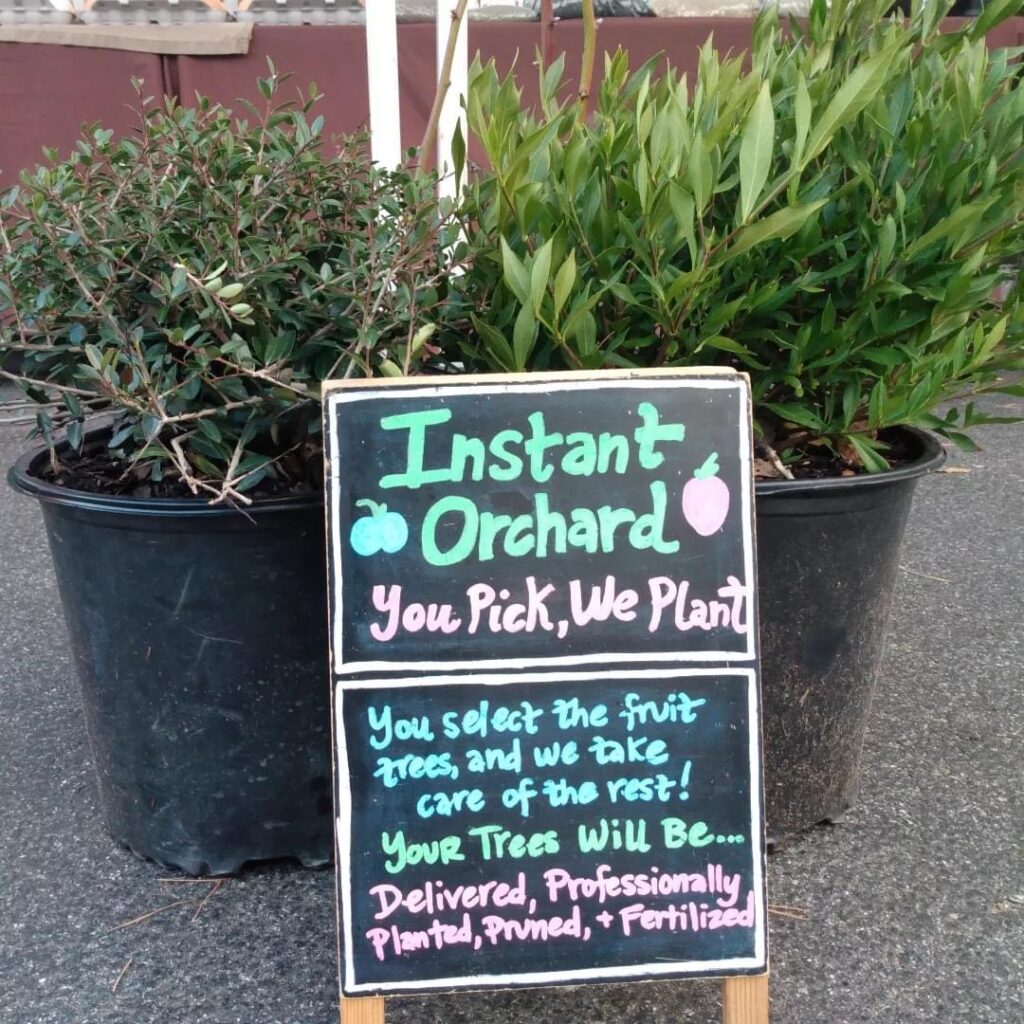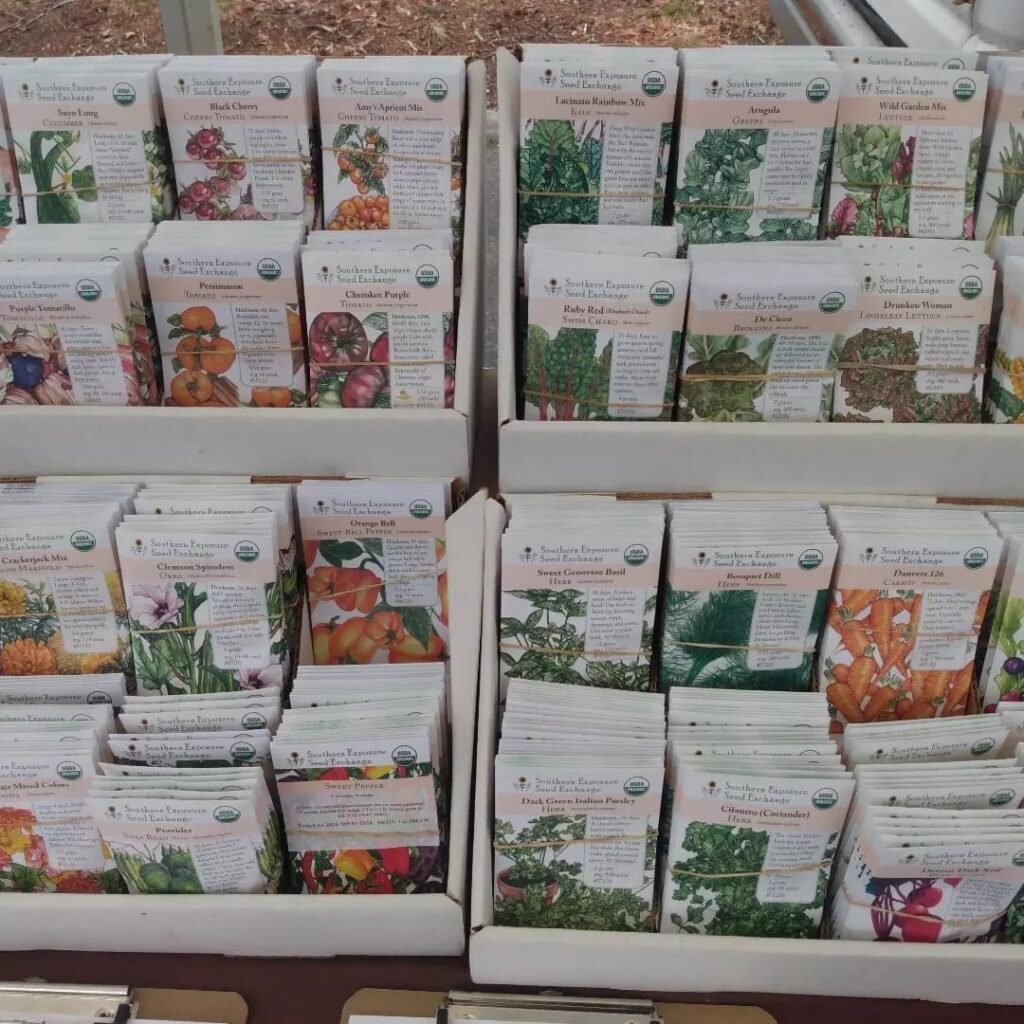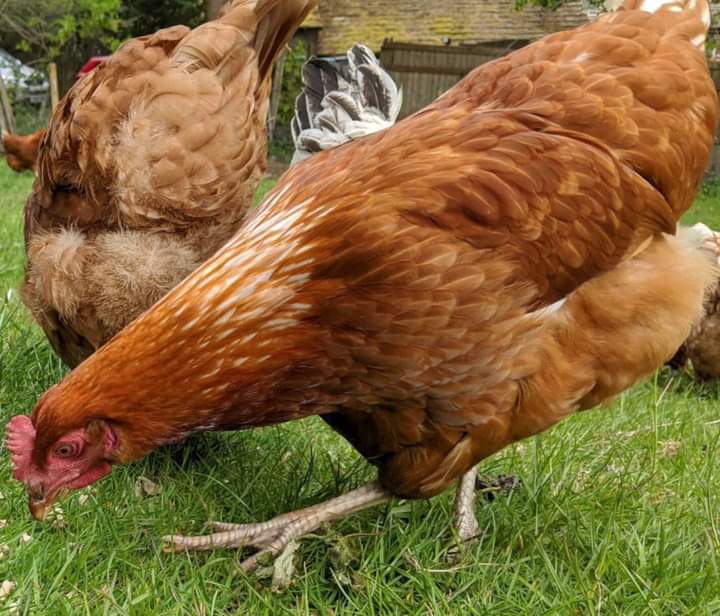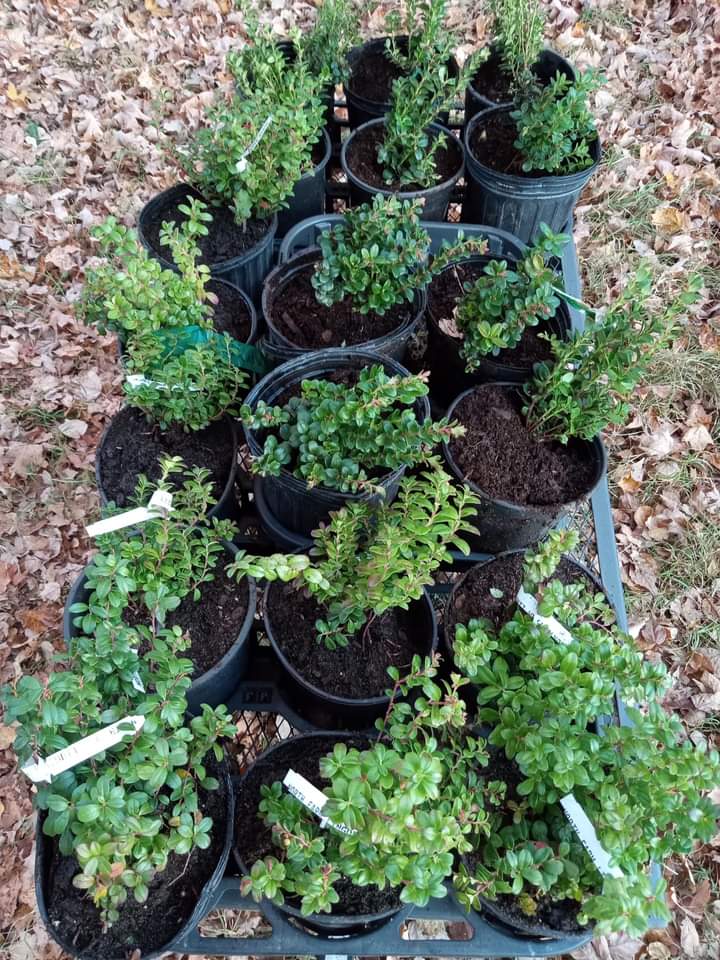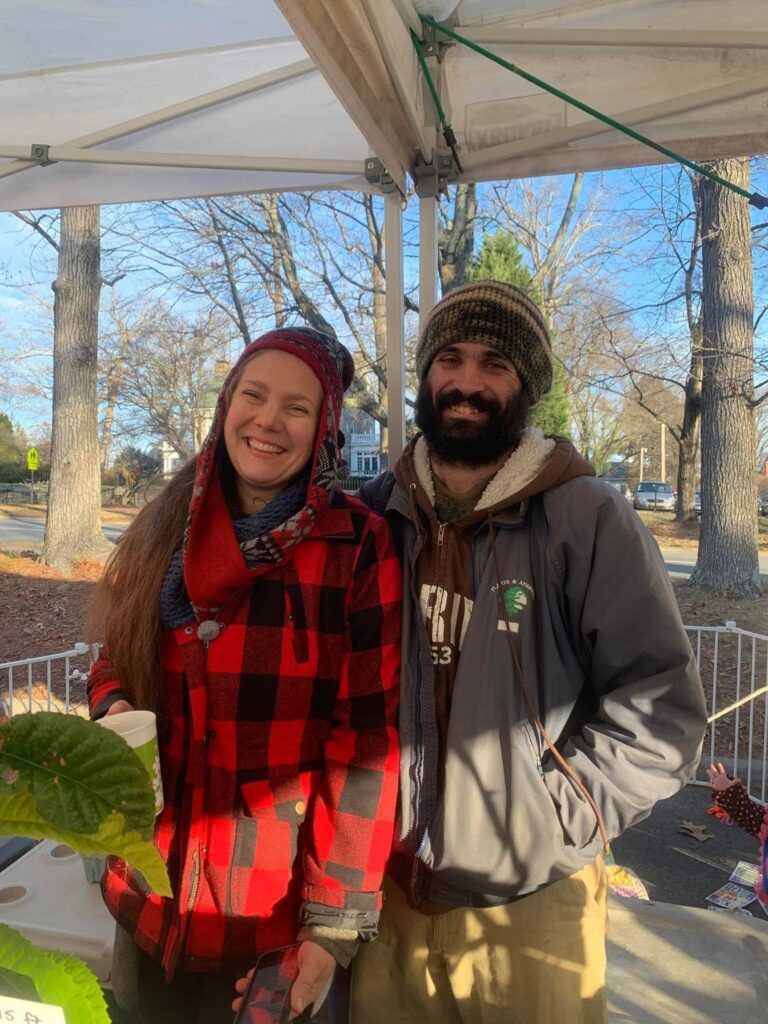Get ready for tomato season by planting your favorite tomato seeds (now or soon)!
Here’s the 411 on growing your own tomatoes:
🍅 Tomatoes take 6-8 weeks to grow from seed into a plant that’s ready to be transplanted into the ground.
🍅 April 15th is the average last frost date for our area, so if you want to get your plants in the ground before that date, be prepared to protect your plants from possible frosting/freezing temperatures. Tomatoes don’t love colder soil, so tomatoes planted before April 15th may be slower to take off.
🍅 If you love tomatoes, we recommend staggering your plantings, so that you don’t put all of your eggs in one basket! Plan to plant some early, some right around April 15, and some even later. There isn’t a rush, since you have a wide window for planting tomatoes, so do what works best for you and your space, sun, and time.
🍅 Keep in mind that if you do start an early crop of tomato seeds, they will need to be transplanted up into larger containers (before going in the ground) when they outgrow their seed starting containers.
Happy seed starting! Stay tuned for a tomato seed variety list, coming soon!
